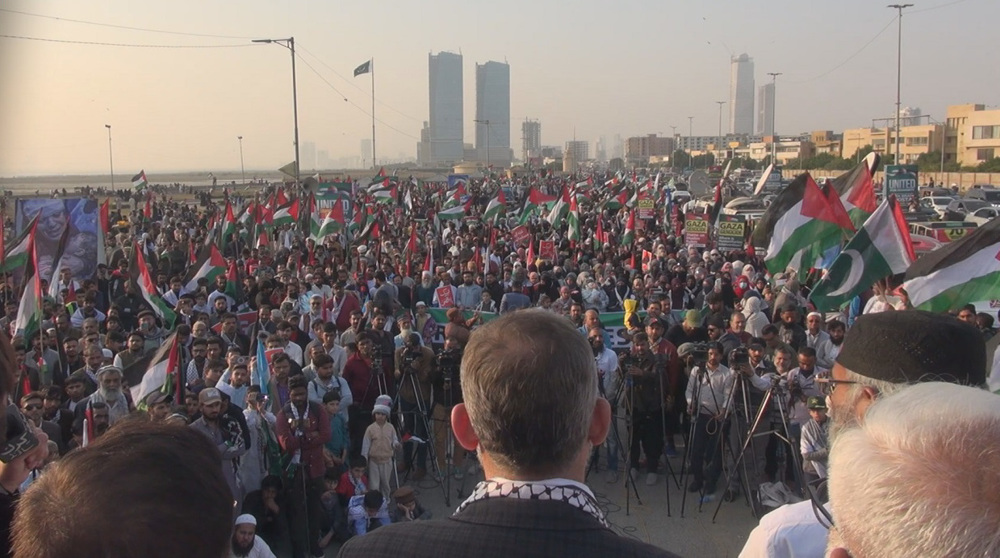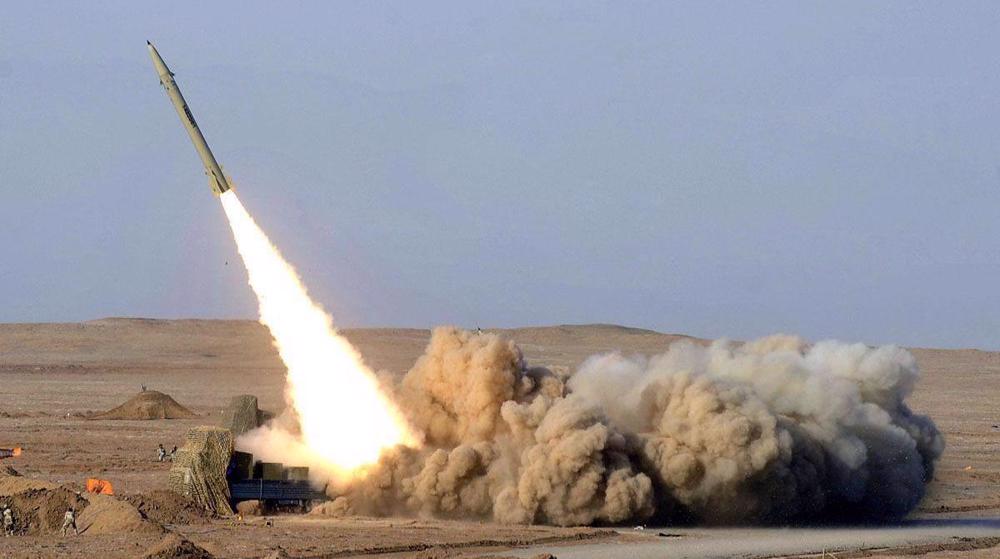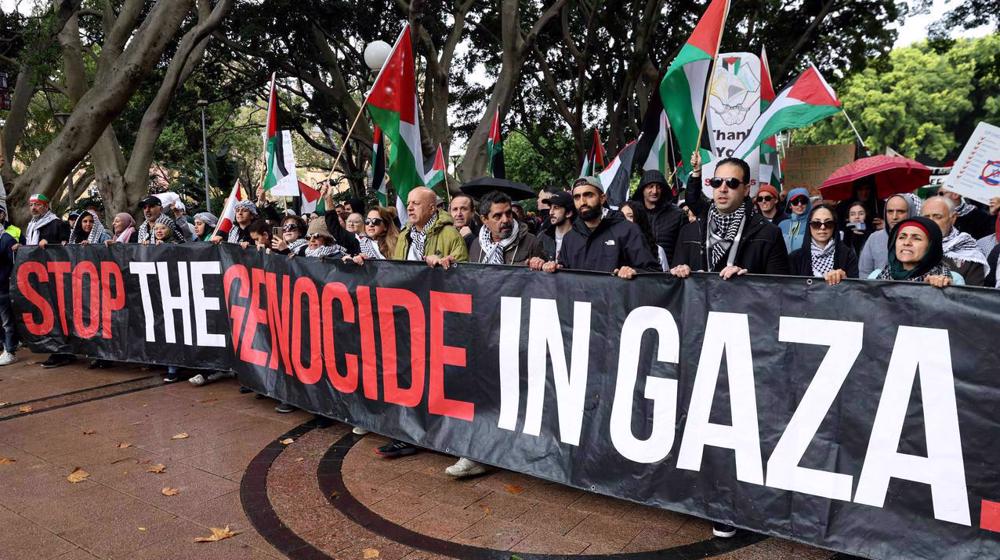India's digital apartheid in Kashmir hits jobs: Report
Shahana Butt
Press, TV, Kashmir
It has been one complete year of high-speed internet blockade in Kashmir. Since August 5, 2019, the day India stripped Kashmir of its special status, Kashmir has been forced into a complete communication blackout. Cellular networks, internet services and even landline connections are disrupted.
Slowly and steadily, New Delhi started to restore communications, starting from landlines, then cellular mobiles and after almost six months restored the 2G internet services. However, a year later, 4G high-speed internet continues to remain suspended.
The Jammu and Kashmir Collation of Civil Society (JKCCS), a human rights group based in Kashmir, has released a report on Kashmir’s continued communication blockade, terming it as “digital apartheid” and a form of “collective punishment” unleashed by the government of India on the people of Kashmir.
According to the JKCCS report, Kashmir has lost around half a million jobs in the past one year only due to the internet gag.
Today many people are eligible for jobs in the market; however, the only hitch they face is high-speed internet. Now either they have to leave Kashmir or they have to settle for meager jobs.
The report released by the JKCCS has moved beyond the most often cited direct impact of network disruption on political and economic freedom of speech and association business and trade. The study has included effects on the right to health, education and livelihood and examined the effects of network disruption on access to justice and individual and collective security.
While New Delhi has succeeded in "gagging" the voices of people in Kashmir with a long-standing communication blockade, rights groups say it must not hinder the international community from speaking and calling out the government of India for suppressing the fundamental rights of the Kashmiri people.
VIDEO | Press TV's news headlines
Israel killed 70 children in past five days alone in northern Gaza
VIDEO | Pakistanis show solidarity with Gaza, Lebanon amid Israeli aggression
VIDEO | DRC sues Apple over blood minerals
Israel continues to violate ceasefire agreement with Lebanon
VIDEO | Yemen’s navy forces US aircraft carrier to retreat from Red Sea
VIDEO | Los Angeles catastrophic hellscape
West yet to fulfill NATO summit’s promise of arms supplies: Zelensky









 This makes it easy to access the Press TV website
This makes it easy to access the Press TV website